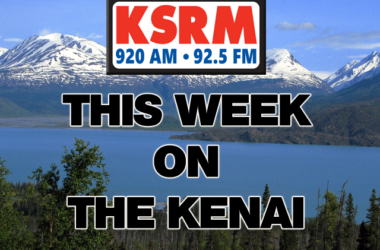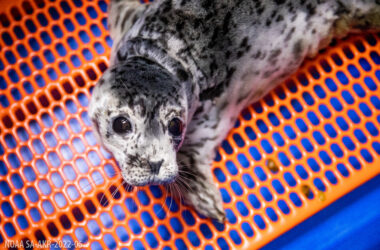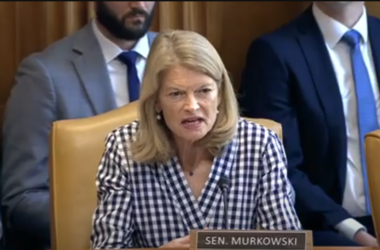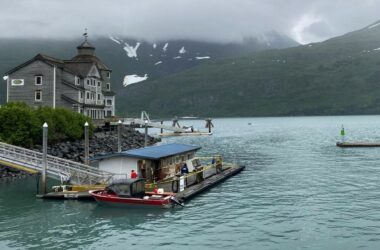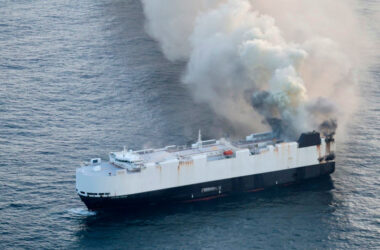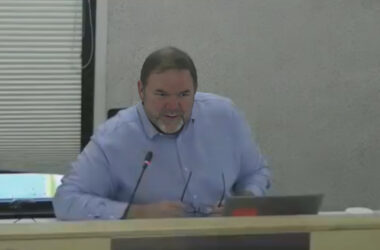NASA is awarding a total of $520,000 for multiple one- to two-year projects across the United States that help broaden STEM participation. The projects aim to address community needs related to STEM engagement by using and sharing NASA STEM engagement learning resources and opportunities. Among the institutions that was selected was the Challenger Learning Center of Alaska for their upcoming project, “Food Security and Sustainability at Home and In Space: It’s More Similar than You Might Think”. It will include a series of programs surrounding the science of growing, harvesting, and preserving food.
Marnie Olcott with the Challenger Learning Center spoke on how combining the food program with the space program will help the local food supply:
“That’s something that we’ve been doing at the Challenger Learning Center for quite some time as part of our simulated space missions. Since we’ve first opened in 2000, crop selection and going to the Moon and Mars has actually been a part of the program for the students. As we’re exploring other planets and going into space, of course we have to explore where we’re going to get our food and how to have food security up in those areas and how we do that is by studying here on Earth. What we’ve done is we’re taking and combining the two and making it relevant. Here in Alaska, we have some unique challenges as well as that relates very much so to the conditions that we might experience in space and on other planets.”
The CLCA will be working on securing partnerships with local enthusiasts and experts on using and preserving wild products and exploring the variety of preservation techniques and the science behind them. Challenger will also focus on the research being done by NASA and its partners, specifically at the Kennedy Research Center and on the International Space Station, into sustainable food production in space, on other worlds, and how these food production methods also relate here in Alaska. As the project develops there are hopes to include a variety of topics such as hydroponics, aeroponics, container gardens, and greenhouses; soil management, composting, and bed preparation; and the proper plants to grow in our environment.
In this community food security and sustainability program, participants will have opportunities to grow, harvest and preserve. Interested community members can look forward to the first portion of this program in Spring 2022.

